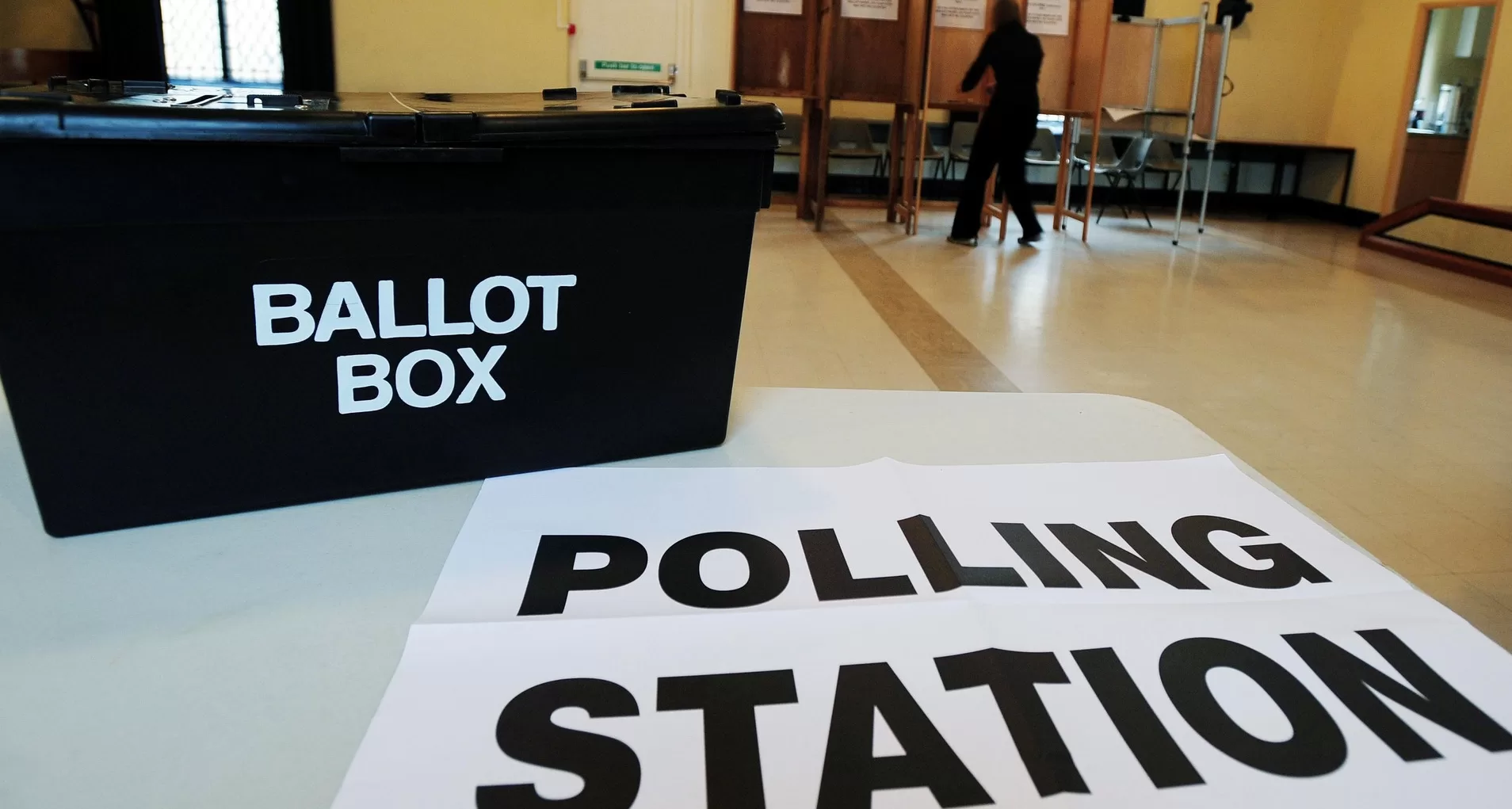“This government has implicitly and explicitly targeted minorities in other areas, like the Windrush scandal,” academic Michael Bankole told Index. “So, it wouldn’t surprise me if it was a deliberate effort to erect barriers for minority voters when it comes to elections.”
Bankole, a Royal Holloway university lecturer specialising in race and British politics, was speaking to Index following the introduction of voter ID for England’s local elections in May 2023. Following this the Electoral Commission, the independent body which oversees elections in the UK, said that at least 3% of people didn’t vote because they lacked the necessary ID, and 14,000 people were turned away from polling stations for the same reason.
With low levels of proven electoral fraud in the UK, including no proven cases of in-person voter impersonation last year, questions have been raised about the introduction. This includes a potential impact on the ability of sections of society, including non-white voters, to cast their democratic vote, which is ultimately one of the most effective ways to have your voice heard.
Historically, non-white people have less access to some official forms of ID which are required for voting. For example, data from the Department of Transport showed that in 2021, 58% of the black population and 64% of the Asian population held a driving licence, compared to 79% of the white population.
Instead of focusing on voter ID at elections though, Bankole believes the focus should have been on why non-white voters have historically voted less overall. He said: “If we care about democracy, we want all members to participate in it, so it’s important to investigate why these groups are less likely to participate and what can be done to address that. That should’ve been the fundamental issue for the government to investigate.”
Following on from Bankole’s comments, the Electoral Commission’s interim report in June 2023 showed that 82% of Black and minority ethnic respondents (BME) were unaware of the need for voter ID in the recent elections compared to 93% of white respondents.
Looking over the pond to the USA, where encroaching voter ID laws have been enacted in individual states since 2006, academic studies have had time to focus on the effects. A study from 2018 argued that minorities in the USA are less likely to have valid forms of ID, with being born outside the USA and lower levels of education, income and home ownership as negatively affecting the chances of having valid ID. These issues generally affect minority voters more than white voters in the USA, where, as of 2023, 36 states require some form of ID to vote.
While academic studies have had time to focus on the effects of voter ID laws across the USA over the years, it’s not the case for the recent English elections. However, Democracy Volunteers, a group campaigning to improve the quality of democratic elections in the UK, deployed observers to 118 of the 230 councils holding elections and found that out of the 1.2% of voters they recorded as turned away for having no valid ID, 53% of these were recorded as “non-white passing” (described as such by the observers). In the 2021 census 18.3% of the residents of England and Wales described their ethnic group as something other than white. One of the observations from Democracy Volunteers’ report was that on a number of occasions people with valid ID from Commonwealth countries, such as Pakistan and Bangladesh, were turned away for having invalid ID. If the information from the report is correct, there is an issue. Index reached out to Democracy Volunteers to discuss the findings but received no response.
There was also controversy regarding what forms of ID were accepted during the elections. The older person’s bus pass, the Freedom Pass and the London 60+ Oyster card were accepted as valid ID (the first two eligible from the age of 66, the latter 60). There was no equivalent valid ID available for younger people. Bankole believes this had a political purpose: “For young people with transport ID, it wasn’t allowed, whereas for older voters, who disproportionally vote for the Conservatives, it was. I think they were erecting barriers for people who don’t vote for them and targeting their base who do.”
To put figures into context, 64% of voters aged 65+ voted for the Conservative Party in the last general election.
Along with the above, just 20% of non-white votes were cast for the Conservative Party at the 2019 UK general election, which it won by a landslide. Index contacted the Electoral Commission to ask if the introduction of the voter ID laws for the English elections was a form of gerrymandering (as a former British government cabinet member suggested). Also, because the majority of BME votes were for either the Labour or Liberal Democrats parties in the last general election, if the ID introductions were a deliberate effort to erect barriers for minority voters.
As well as announcing their interim report mentioned above, the response was as follows: “In September, we will publish our full report on the May 2023 elections. This report will feature further data, including the reasons people were turned away, as well as turnout, postal voting and rejected ballots. It will also provide analysis of other aspects of the elections, including accessibility support that was provided for voters in polling stations…As we’re still collecting data there isn’t more we can say at this stage.”
The next UK general elections will be held by January 2025, with the London Mayoral elections to be held by May 2024. With general elections traditionally attracting a far higher turnout than local government elections, and the electorate in London being the most ethnically diverse in the UK, voter ID issues could affect a greater number of non-white voters in the future. Voter ID information, along with any changes, is something that Index will keep an eye on in the future as we believe any barriers put in place to vote should be as low as possible, to make sure freedom of speech and expression is protected.






